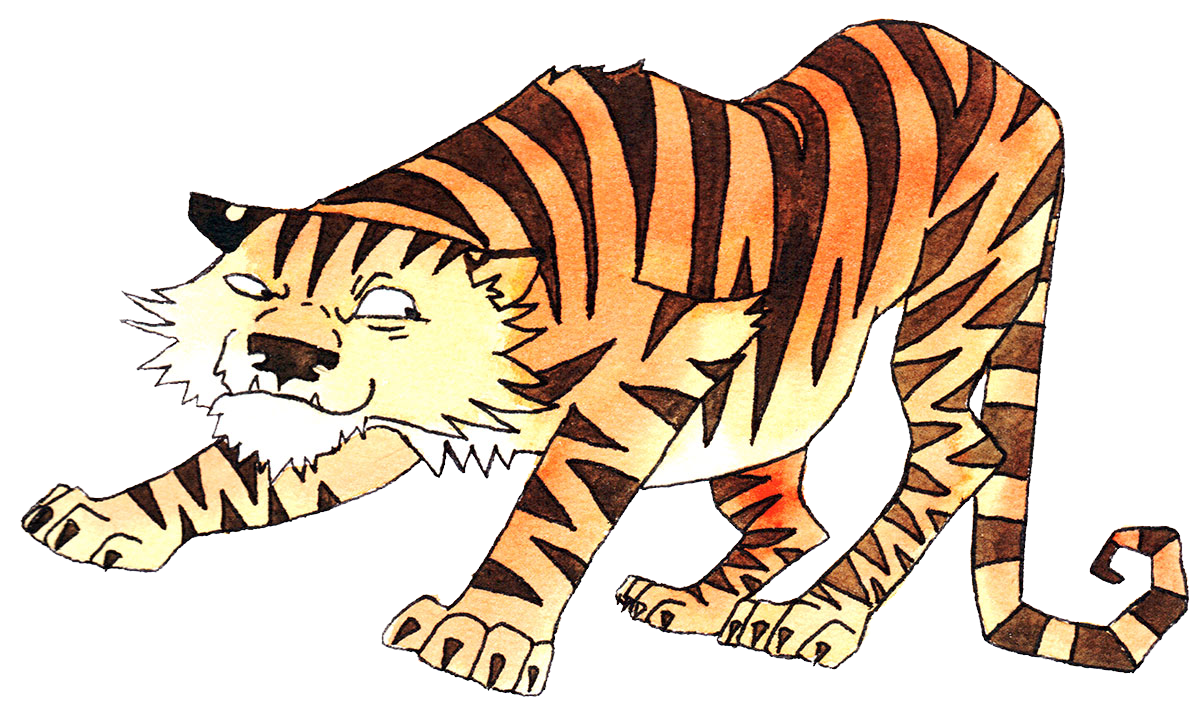
Chinese Astrology
When we begin to understand the logic and benefits behind the Eastern way of thinking, we also begin to understand why it plays such a big role for an Easterner to know his Chinese animal sign.
This is a natural benchmark in a world where you define yourself based on the relationships you enter into – more than you define yourself as a detached individual.
For a Chinese, astrology is thus not an independent discipline that can be practiced at will. For a Chinese, astrology is not a hobby activity, but an integral part of Chinese daily life where everything is subject to the goal of creating optimal harmony between yin and yang.
Which, by the way, is not the goal in itself.
The state where there is balance and harmony between yin & yang is not the end in itself, but the position that will potentially bring about the greatest progress, happiness, prosperity and luck, for the individual, the group, the village, the community, the nation and the world as a whole.
Since this optimal state of harmony is assumed to be of a fleeting nature, it can hardly be predicted, let alone consciously and purposefully achieved and maintained. And thereby the mindset of constantly seeking towards the optimal state of harmony becomes a way of living, more than it becomes something to deal with separately.
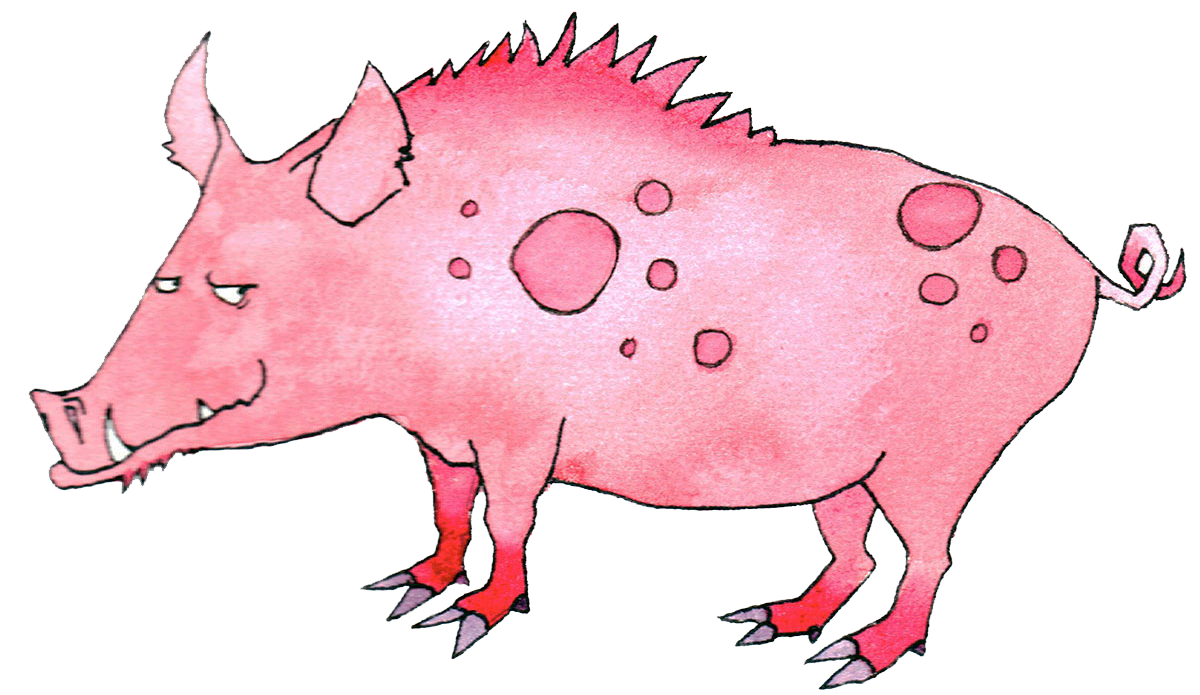
In the popular version of Chinese astrology, the idea is largely based on the idea that the more balanced the five elements are in relation to each other, the greater the degree of harmony, and the greater the degree of favorable fate has the individual person.
The ordinary Chinese know their Chinese animal sign in the same way that we in the West know our zodiac sign – and they know the weight distribution of the five elements they are associated with at the time of their birth.
And that’s pretty much it – other aspects of the comprehensive Chinese astrology are rarely interested.

From an Eastern point of view, everything is classified according to the five elements and since these are part of an interaction that is either supportive, draining or destructive, one can – based on knowing the five elements – analyze what will work promoting one’s own happiness, well-being and, on a more general level, analyzing how balance can be created in a larger group, a city, a society, etc.
When the five elements are in balance and harmony, they will bring prosperity and luck to the individual. The message may be simple, but it is very effective and if you take it to heart, you will achieve great well-being, happiness and harmony.
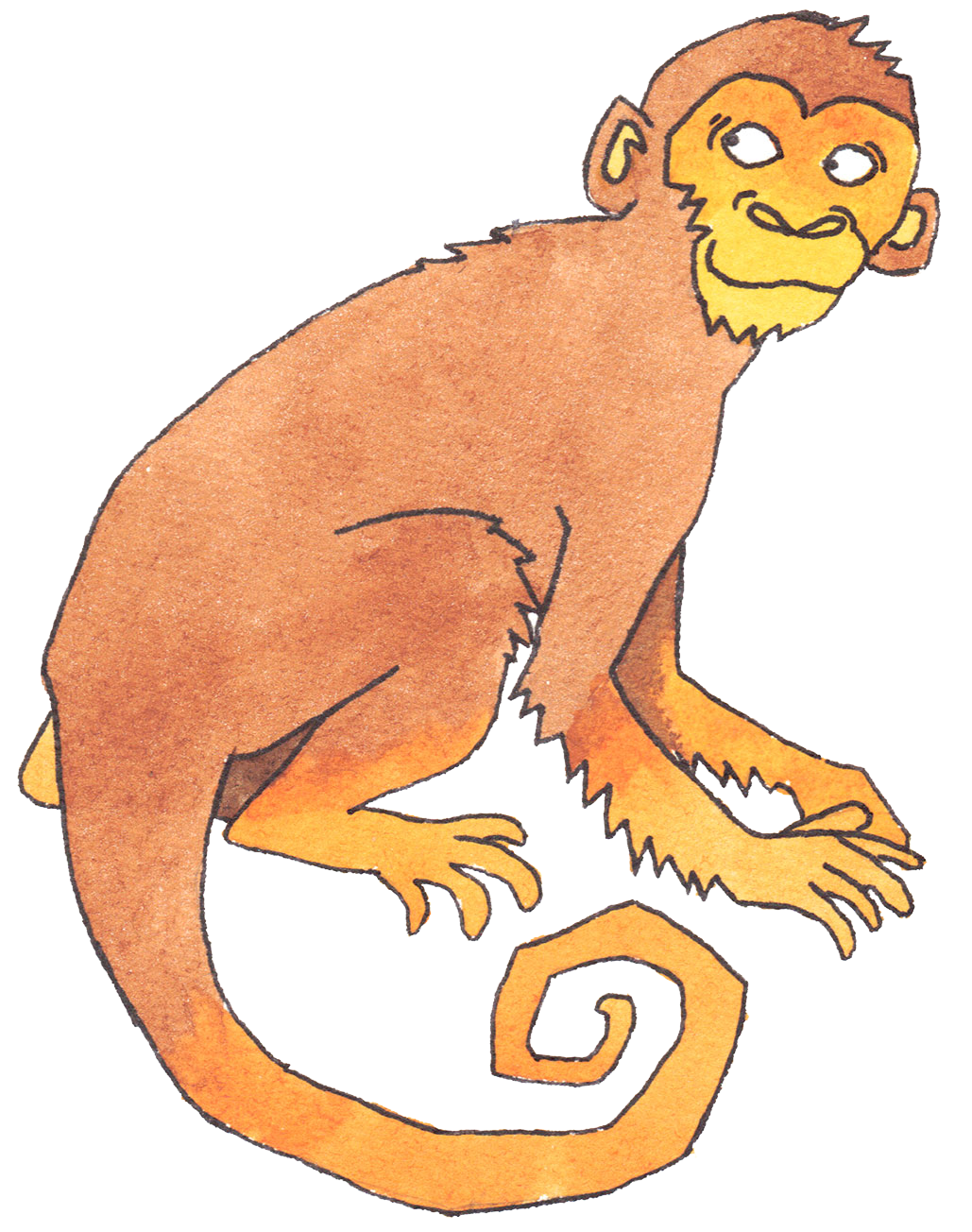
The twelve Chinese zodiac signs are very popular in the East. According to Chinese astrology, each person possesses qualities and characteristics that are characteristic of the animal that represents their year of birth.
The Chinese have great respect for the twelve animal signs and therefore many of them have their own annual animal represented in the form of small figures in their homes, just as it is very popular to have jewellery, key rings etc. with their annual animal.
The cultivation of the annual animals is done to highlight their innate qualities and personalities. Yearling animals are also believed to bring a lot of luck, happiness and wealth to their owner. Poetically, the Chinese refer to their animal of the year as “the animal in my heart”.
There are various myths about how the twelve animals were each associated with a year. One of these tells that the Buddha summoned the entire animal kingdom to determine how the order of the world could be re-established. Only twelve animals appeared and to reward the animals for their loyalty, the Buddha named a year after each of the animals.
But in fact it was not until the eighth century that the twelve animals came into play. Before this, the Chinese astrologers had used the term the twelve earthly branches. In an attempt to spread Chinese astrology to a wider audience, the Chinese astrologers had the excellent idea of replacing the twelve branches with the names of animals.

The idea caught on and the use of these twelve animal names quickly spread throughout Asia.
The animals were chosen according to how well they characterized the twelve years. Centuries of observation had shown, for example, that the fifth year of the cycle was usually characterized by particularly violent downpours and floods. For this reason, the dragon – symbol not only of rain and floods, but also of unpredictable fortune with loss and gain – was chosen as the animal of the fifth year.
In the same way that we in Western astrology, are assigned a general personality characteristic based on our zodiac sign, we are in Chinese astrology, assigned a general personality characteristic based on which animal sign that reigned in the year of our birth.
This can be nuanced by looking more closely at which of the five elements are linked to the year you were born in. There is thus a Water Dog!, a Wood Dog, a Metal Dog, an Earth Dog and a Fire Dog – similarly for the other animal signs.
Some of the twelve animal signs get along better than others. It’s not just about the best partner match. The harmonious relationships – or lack thereof! – is also believed to apply to your interaction with your work colleagues etc.
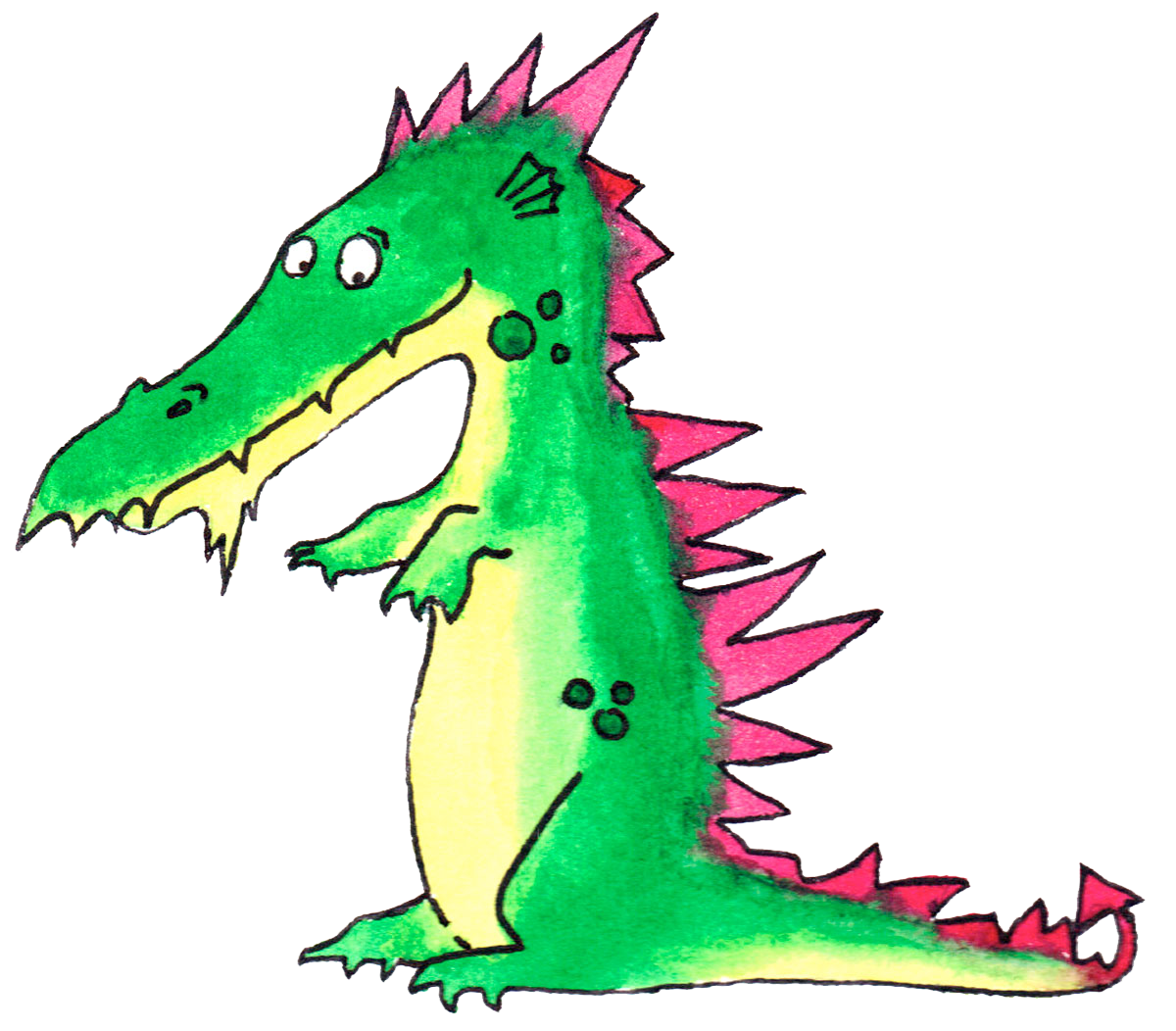
In the East, people are of the opinion that all people are part of many different contexts, and it is through these diverse connections that a person largely defines oneself.
The individual person is subject to numerous social rules for behavior and an obligation to the community – and it is through the fulfillment of these obligations that the individual person’s well-being flourishes.
These communities have historical as well as future perspectives.
It is believed that the actions and attitude towards life of one’s ancestors have influenced the life one has been given. Not only financially, but also one’s reputation, dignity in society, happiness and health.
It naturally follows from this, that one greatly honors and respects one’s ancestors, as well as feeling responsible for how things will turn out for future generations.
Another important difference between the Eastern and Western worldviews is that they each build on their own ethics – the perception of what is the right course of action and thus the guidelines for appropriate and inappropriate behaviour.
Where everything in the East is thus seen as part of each other, in the West we would like to systematize and categorize everything.
The Western way of thinking likes to separate concepts from each other. Boundaries are drawn between material and spiritual, between corporeal and soulful, between the human and the divine, between subject and object.
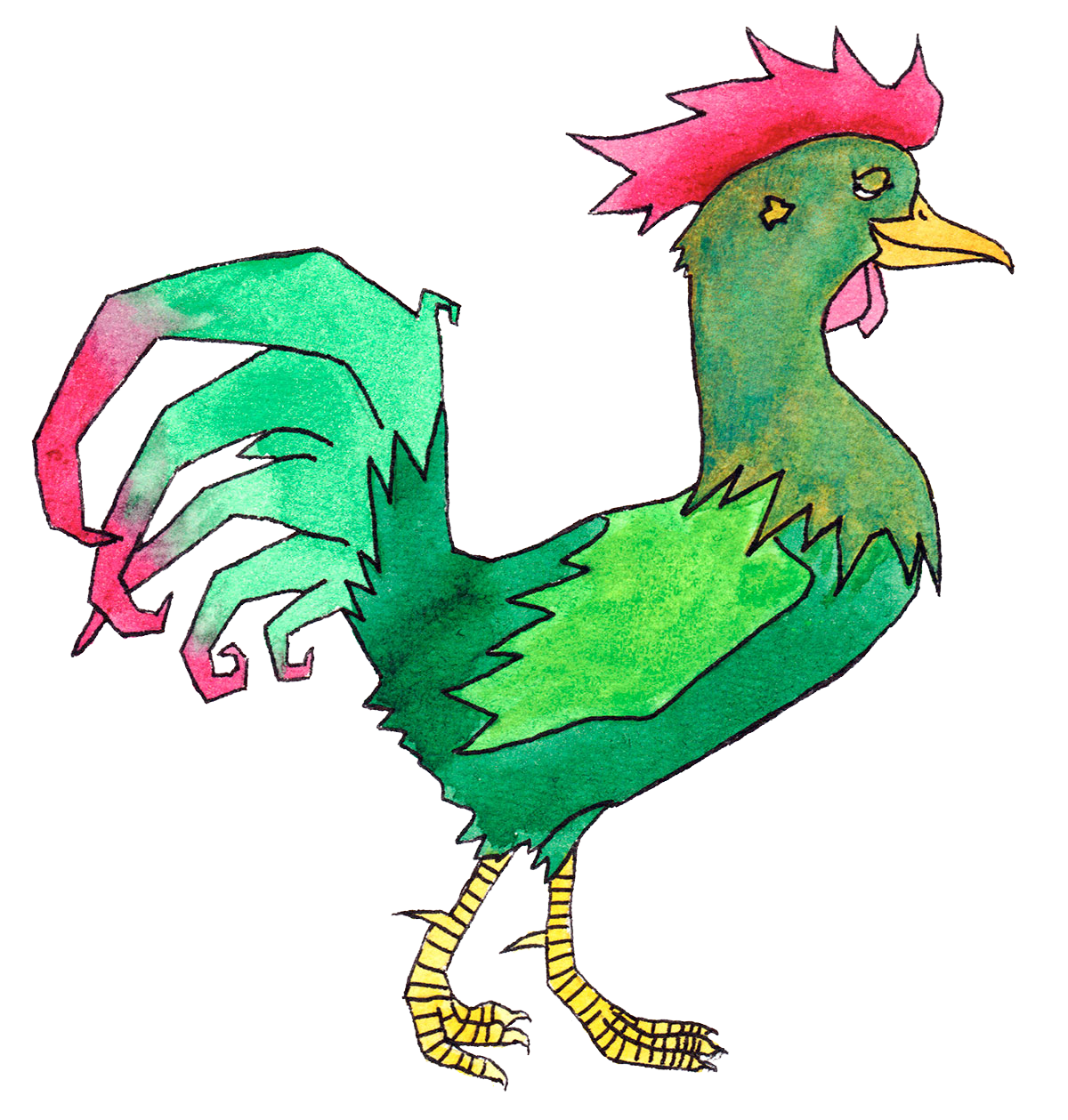
On the whole, there are many lines of demarcation in Western thinking, which is why we get exact sciences and a sharp separation between religion, science, philosophy, psychology, natural science, etc.
Our Western way of thinking leads us indiscriminately towards box thinking and the perception that one can become an expert in an area if one possesses sufficient knowledge about the subject.
This is not quite the perception in the East.
Here, of course, you show respect to those who possess great insight in a field – but in the same way that Socrates ran around saying that the only thing he knew for sure was that he knew nothing for sure! – so people in the East are very aware that there is a big difference between knowledge and wisdom.
According to Eastern thinking, we Westerners do not have much wisdom when we seek to detach and practice spiritual subjects as independent disciplines with step-by-step instructions.
The boundaries we draw in the West, when we say, for example, that Feng Shui is an interior design philosophy or that Ayurveda is a health system, see Easterners as only part of the truth. “Feng Shui” is “Ayurveda” an Easterner could think of saying, and then we Westerners are as confused as when we ask for directions in Thailand, and they point in all directions and say “Same, same, but different” .
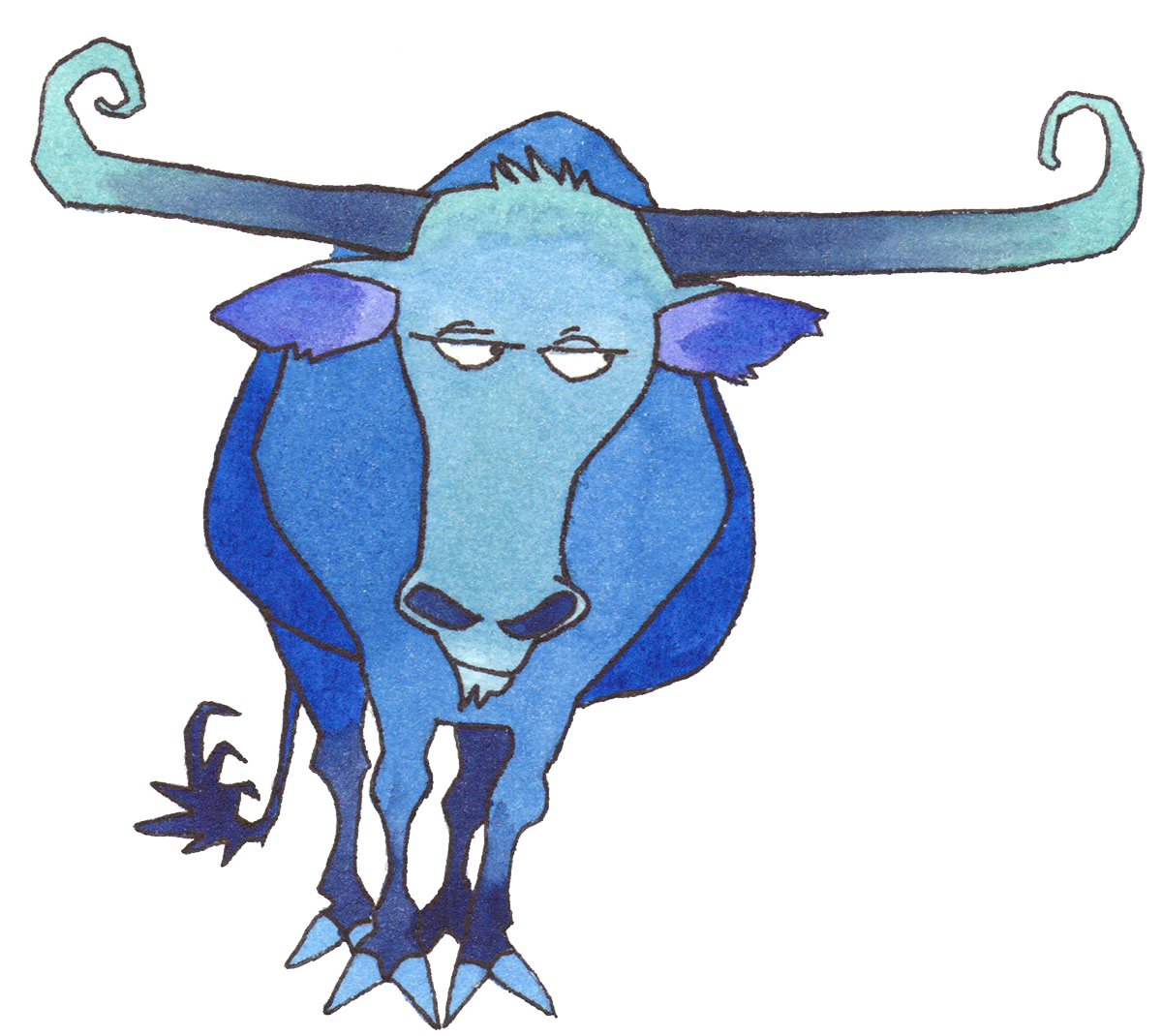
For an Easterner, everything is part of a context.
Everything in the universe is perceived as a node for many relationships, and therefore the Easterner believes that nothing can simply be reduced to a point in space or a moment in time. Everything is seen in context and nothing can exist alone, as everything is part of, and considered as prerequisites for, each other.
This is illustrated symbolically in Yin-Yang, where each of the two figures has something of its opposite in it.
In the center of the circular shape of both figures is a small circle, as an illustration that every thought, action, etc. contains a small part of its opposite. In the good there is also a bit of the evil, in the darkness there is also a bit of the light, in the male there is also a bit of the female etc.
Easterners perceive time as major and minor cycles that repeat. Everything returns to its starting point and you feel connected to this dynamic. In fact, so much so that the individual personality and the perception of an “I” merge with it, being part of a larger context.
If we want to understand the ethics and world view that prevail in the East, it is necessary that we understand that their society is fundamentally structured quite differently from the Western model.
Eastern people define themselves, their destiny and happiness, based on the communities they belong to – and this view is built on ancient traditions, but indeed also on a social system that concretely realizes the advantages of following and honoring the community rather than one’s own individual interests.
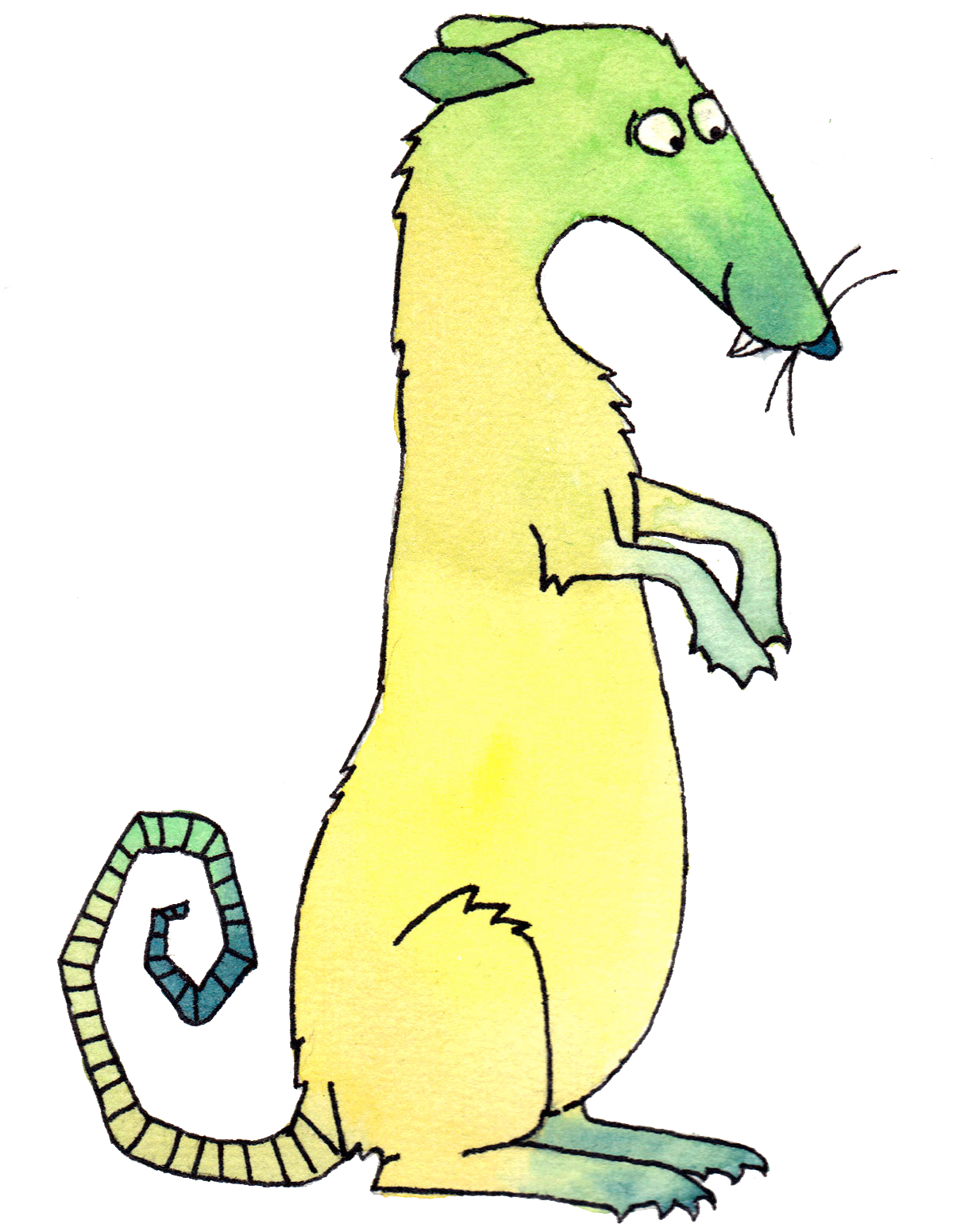
This is in many ways the opposite of the view of humanity that abounds in the west. Here the individual person is perceived as detached, independent and, alone, responsible for his fate and happiness. The idea of community makes an Easterner instinctively look for similarity rather than difference.
The logic of the East is thus more of a both-and attitude, while the logic of the West is an either-or attitude. It is for the same reason that Eastern logic is often referred to as feminine. This way of thinking can be difficult to fathom!, as it favors intuition over reason, symbols over concepts.
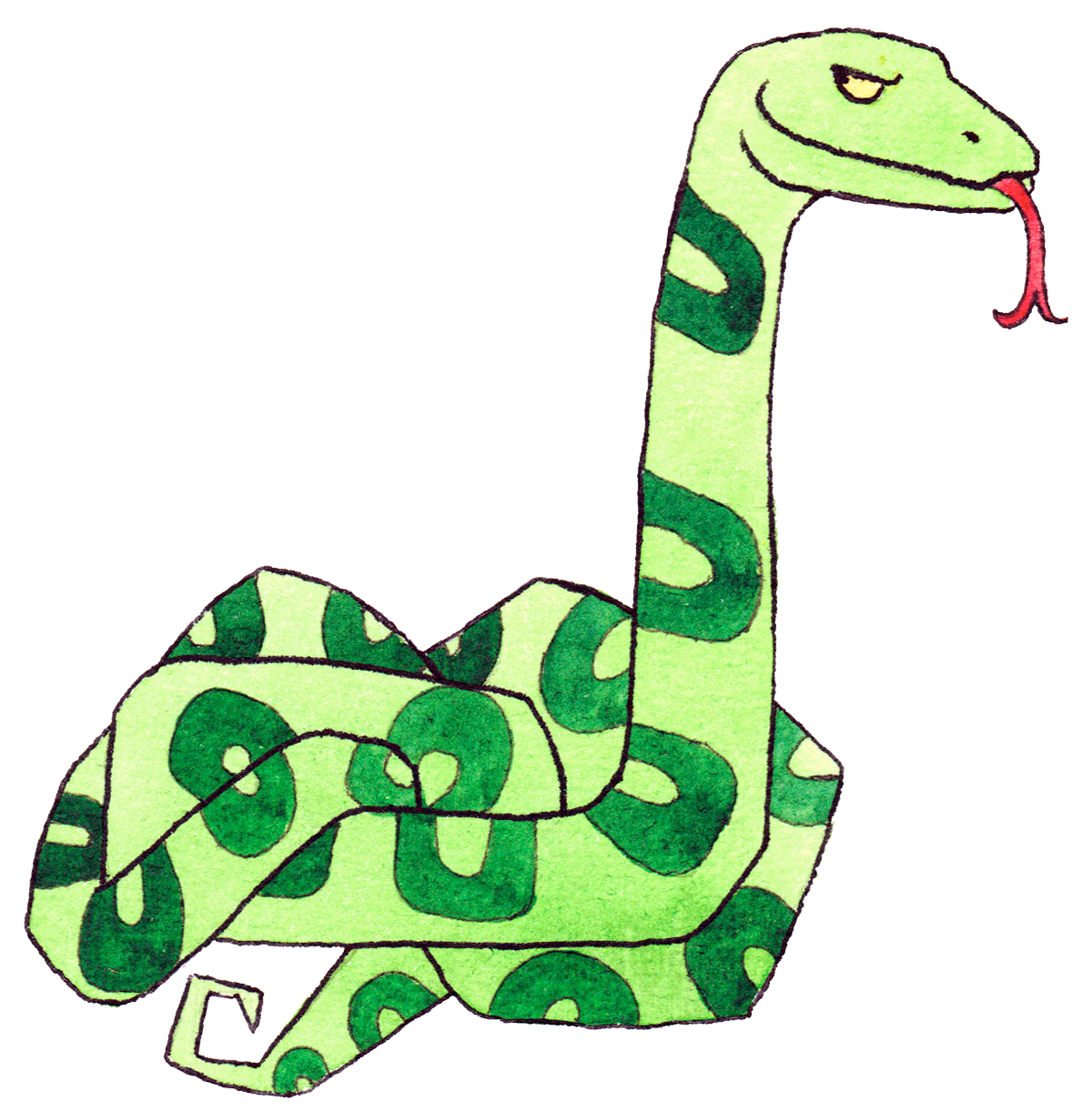
Eastern thought is less interested in actual knowledge of the outer world, its interest is more in the essential being, the inner world. Separately, Western and Eastern thought have strengths and weaknesses.
However, the biggest weakness arises if you choose one over the other.
It is generally fruitful to wean yourself from taking a position either for or against. Better to try to arrive at a higher non-contradiction thinking that uses the best of both approaches.
The cultural context in which these mindsets arose is very different, and they cannot easily be compared, nor used without understanding of this.
 Overview
Overview |
 Find Animal
Find Animal |
 Partner
Partner |